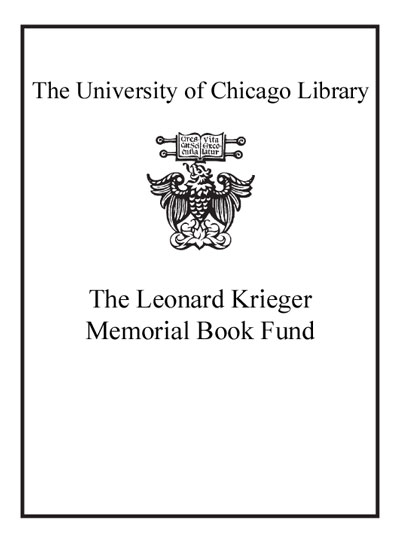The afterlife of Austria-Hungary : the image of the Habsburg Monarchy in interwar Europe /
Saved in:
| Author / Creator: | Kożuchowski, Adam, 1979- |
|---|---|
| Uniform title: | Pośmiertne dzieje Austro-Węgier. English |
| Imprint: | Pittsburgh, Pa. : University of Pittsburgh Press, [2013] |
| Description: | viii, 219 pages : illustrations ; 22 cm. |
| Language: | English |
| Series: | Pitt series in Russian and East European studies Series in Russian and East European studies. |
| Subject: | |
| Format: | Print Book |
| URL for this record: | http://pi.lib.uchicago.edu/1001/cat/bib/9855684 |
| Summary: | The assassination of Archduke Franz Ferdinand in 1914 was just one link in a chain of events leading to World War I and the downfall of the Austro-Hungarian empire. By 1918, after nearly four hundred years of rule, the Habsburg monarchy was expunged in an instant of history. Remarkably, despite tales of decadence, ethnic indifference, and a failure to modernize, the empire enjoyed a renewed popularity in interwar narratives. Today, it remains a crucial point of reference for Central European identity, evoking nostalgia among the nations that once dismembered it.<br> <br> The Afterlife of Austria-Hungary examines histories, journalism, and literature in the period between world wars to expose both the positive and the negative treatment of the Habsburg monarchy following its dissolution and the powerful influence of fiction and memory over history. Originally published in Polish, Adam Kozuchowski's study analyzes the myriad factors that contributed to this phenomenon. Chief among these were economic depression, widespread authoritarianism on the continent, and the painful rise of aggressive nationalism. Many authors of these narratives were well-known intellectuals who yearned for the high culture and peaceable kingdom of their personal memory.<br> <br> Kozuchowski contrasts these imaginaries with the causal realities of the empire's failure. He considers the aspirations of Czechs, Poles, Romanians, Hungarians, and Austrians, and their quest for autonomy or domination over their neighbors, coupled with the wave of nationalism spreading across Europe. Kozuchowski then dissects the reign of the legendary Habsburg monarch, Franz Joseph, and the lasting perceptions that he inspired.<br> <br> To Kozuchowski, the interwar discourse was a reaction to the monumental change wrought by the dissolution of Austria-Hungary and the fear of a history lost. Those displaced at the empire's end attempted, through collective (and selective) memory, to reconstruct the vision of a once great multinational power. It was an imaginary that would influence future histories of the empire and even became a model for the European Union.<br> |
|---|---|
| Physical Description: | viii, 219 pages : illustrations ; 22 cm. |
| Bibliography: | Includes bibliographical references and index. |
| ISBN: | 9780822962656 0822962659 |

